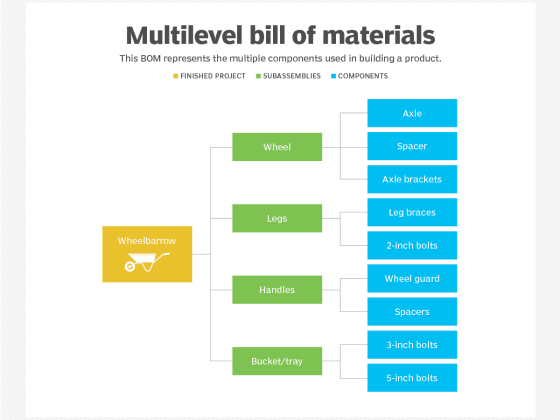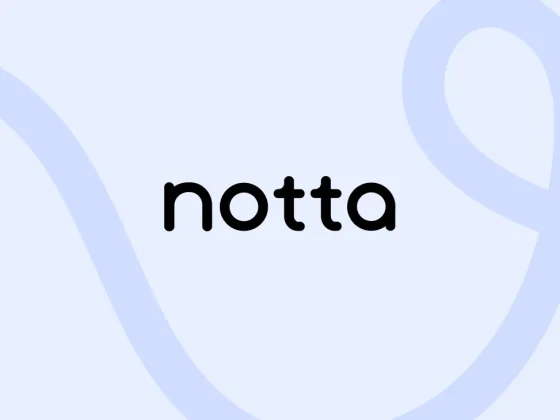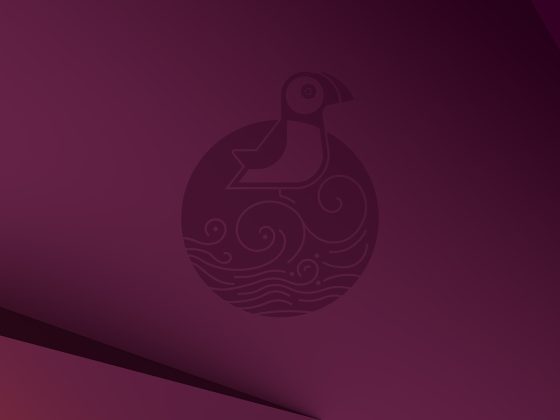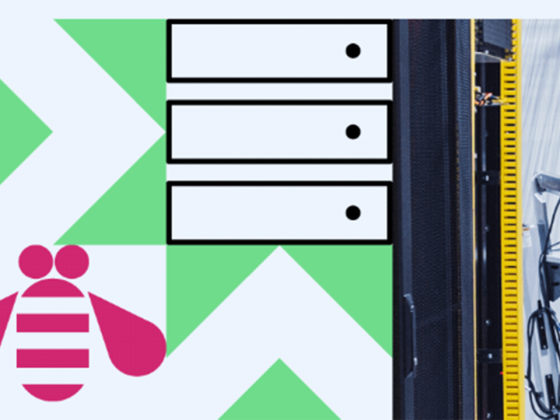AI-based chatbots or digital assistants stand to change the way we interact with business applications, not just consumer ones. The main benefit is the ability to get immediate responses to queries via natural local language, without having to download apps or get training.
While we have the freedom to engage in user-friendly experiences in our personal lives – such as Alexa and Siri – there have been few options for people in their professional lives. But that’s changing. As Steve Miranda, Oracle’s executive vice president of application development, remarked, “In HR, every common question or transaction has lent itself nicely to digital assistants. Within the next year, we will be calling HTML our ‘old UI.’ Every transaction you have will be through a digital assistant UI.”
From our partners:
Work-at-home requirements associated with the spread of COVID-19 have made it all the more important to give employees easy access to ever-changing information – on company policies, insurance coverage, and public health guidance, in addition to the usual cadence of questions on vacation balances, status of expenses, and IT workarounds.
Here are a few key ways in which chatbots and digital assistants can help.
01. An assistant for every employee
Finding answers to simple questions can be a frustrating experience if there is no easy way to do so. Take, for example, basic questions like “how many vacation days do I have left?” or “what do I do if I have a change in marital status?” In some cases, employees need to log into their VPN to find the policy document or a web page, or the application – which they then need to further navigate to find answers to these straightforward questions. With a digital assistant, employees can simply speak the question out loud in a natural way or simply input the text, instead of having to navigate multiple screens or interfaces, and they will receive an immediate response. Not only that, the digital assistant can further help them by recommending or taking action as a follow-up to their original interaction and be a true assistant for the employees. For example, rather than just informing the employee on what to do to change their marital status, the digital assistant can actually trigger the change process by gathering the necessary information and then updating the relevant systems with that information.
02. Answering general policy questions
With rapidly evolving governmental directives such as sheltering-in-place and social distancing, most organizations are quickly adapting their HR policies and guidelines. At the same time, employees need help and answers from their organizations more than ever. Questions may range widely from policies on employment, travel guidelines, and health and safety instructions, as well as guidelines on dealing with and working during the pandemic. In some cases, the information is very dynamic and changes by the minute. Digital assistants give employees a consistent channel, which is available 24×7, to ask their questions so they can get an immediate response – while freeing up the HR and IT/support teams to manage the more complex challenges they are facing today. In fact, you can also use digital assistants to send proactive alerts and notifications like changes in policies, so that employees don’t need to keep checking or search for the latest information time and again.
03. Supporting employee health and safety
Practicing social distancing has also had an impact on recruitment, onboarding, and training processes for organizations. In effect, these processes provide resources and support that most organizations may seriously need in these uncertain times. Using a digital assistant, businesses can drive candidates’ pre-screening and interview scheduling online, across any messaging channel. You can drive virtual onboarding by enabling easy remote online access to relevant trainings, policies, and materials all via a digital assistant. Data can also be safely recorded to keep track of employee health status based on the organization’s health policy and guidelines. A digital assistant can also save the employee from the time-consuming task of completing forms or reporting on any health-related issues at work.
04. Employee self-service
Whether working remotely or on-site as needed, employees may need access to both information and processes beyond just the HR systems. From submitting expenses to filing IT support tickets to making changes to travel plans, we touch a number of systems or applications as employees. Some processes even span across multiple systems, like role- or location-based expense reimbursement policies, where the system requires role information from the HR system before interacting with the finance/ERP system for reimbursement. A digital assistant is one common interaction point for employees, contractors, or partners across multiple applications and can provide a quick, consistent, and concise response.
Leading an organization through this unprecedented time has put an increased demand on the HR function. As a result, organizations would be wise to leverage AI-powered technologies such as digital assistants to scale their functions, create online connection and engagement, and provide dynamic updates on policies and safety guidance without bogging down human communication channels – which need to be available for essential tasks. A digital assistant can support an organization by providing benefits such as:
- Lowering operational costs via online self-service & automation
- Expanding HR availability 24×7 across different channels
- Enabling easy access to information and processes delivered via text or natural language
- Delivering consistent information and maintaining employee engagement
- Enabling proactive HR outreach
Digital assistants can support the functions employees may need now while creating efficiencies for the long term. For more information or to discuss how a digital assistant can support your needs, email us here. Stay well, and be safe.
By Suhas Uliyar, Vice President, AI and Digital Assistant
For enquiries, product placements, sponsorships, and collaborations, connect with us at [email protected]. We'd love to hear from you!
Our humans need coffee too! Your support is highly appreciated, thank you!








